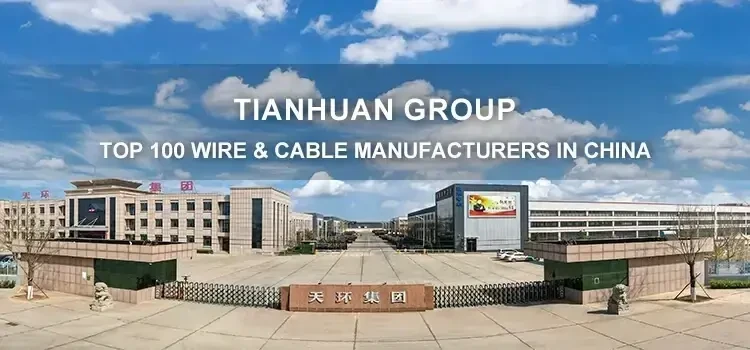
oem mechanical control cable
Understanding OEM Mechanical Control Cables Importance, Applications, and Benefits
OEM mechanical control cables play a crucial role in various industries, offering precise control and functional reliability. OEM stands for Original Equipment Manufacturer, meaning these cables are designed and produced by companies that build products to a customer’s specifications. In this article, we will explore the significance of OEM mechanical control cables, their applications, and the benefits they provide across diverse sectors.
What are OEM Mechanical Control Cables?
Mechanical control cables are flexible cables that transmit motion and control signals wherever precise movement is required. They consist of a core wire or rod, a pulley, and a flexible outer casing, allowing movement in a wide array of machinery and equipment. OEM mechanical control cables are custom-designed to meet specific performance and durability standards, tailored to suit the unique needs of an OEM's products.
Importance of OEM Mechanical Control Cables
The importance of OEM mechanical control cables lies in their ability to facilitate smooth operations in numerous applications. These cables ensure that various components of machinery can communicate effectively, delivering precise control over actions such as throttle modulation, gear shifting, braking, and more. The reliability and performance of OEM cables can significantly affect the overall functionality and longevity of the equipment they serve. This is particularly crucial in industries where safety and efficiency are paramount.
Applications of OEM Mechanical Control Cables
1. Automotive Industry OEM mechanical control cables are widely used in automobiles for various control functions. These include accelerating systems, gear shifters, and brake controls. High-quality OEM cables ensure that vehicles perform optimally and maintain safety standards.
2. Aerospace In the aerospace sector, these cables are integral for flight controls, landing gear, and engine systems, where precise control is essential for safety and functionality.
3. Industrial Equipment Many industrial machines rely on OEM mechanical control cables for operations such as conveyor belts, hydraulic machinery, and robotics. Tailored cables ensure that these machines operate smoothly and efficiently, increasing productivity and minimizing downtime.
oem mechanical control cable

4. Marine Applications In marine environments, OEM mechanical control cables are vital for steering systems, throttle controls, and other operational components. They must be designed to withstand harsh conditions, including exposure to saltwater and extreme weather, which underscores the need for durable and robust materials.
5. Agricultural Machinery These cables also play a significant role in agricultural equipment, where they are used for various control systems in tractors, harvesters, and other machinery. The accuracy and dependability of these cables contribute to effective farming operations.
Benefits of OEM Mechanical Control Cables
1. Customization One of the main advantages of OEM mechanical control cables is the ability to customize them to specific applications and requirements. Manufacturers can specify the length, gauge, material, and design to meet their particular operational demands.
2. Quality Assurance By sourcing OEM cables, manufacturers can ensure higher quality and reliability. OEM suppliers often adhere to stringent quality control processes, which translates into better performance and longevity of the cables.
3. Increased Efficiency High-quality OEM mechanical control cables enhance the efficiency of machinery by providing smooth and responsive operations. This efficiency can lead to increased overall productivity in various applications.
4. Safety The reliability of these cables directly relates to the safety of the machinery they control. Ensuring that OEM mechanical control cables are manufactured to high standards decreases the risk of failures, which can lead to accidents or equipment malfunctions.
5. Cost-effectiveness Although the initial investment in OEM cables may be higher compared to generic options, the long-term benefits, including reduced maintenance costs and longer lifespan, often offset the initial expense.
Conclusion
OEM mechanical control cables are indispensable components in numerous industries, providing precision, control, and reliability. Their applications span automotive, aerospace, industrial, marine, and agricultural sectors, demonstrating their versatility and importance. By choosing quality OEM cables, manufacturers not only ensure optimal machinery performance but also prioritize safety and efficiency. As technology continues to advance, the role of OEM mechanical control cables will undoubtedly evolve, further enhancing the capabilities of modern machinery.
-
Reliable LIYCY Cable Solutions for Low and Medium Voltage ApplicationsNewsJul.14,2025
-
Premium Overhead Electrical Wire Solutions for Low and Medium Voltage ApplicationsNewsJul.14,2025
-
Innovative XLPE Electrical Cable Solutions for Modern Low and Medium Voltage NetworksNewsJul.14,2025
-
High-Quality Ethylene Propylene Rubber Cable – Durable EPDM Cable & 1.5 mm 3 Core OptionsNewsJul.14,2025
-
Exploring the Versatility of H1Z2Z2-K 1X4mm2 Cables in Modern ApplicationsNewsJul.14,2025
-
Uses of Construction WiresNewsJul.14,2025
-
Types of Neoprene CableNewsJul.14,2025














